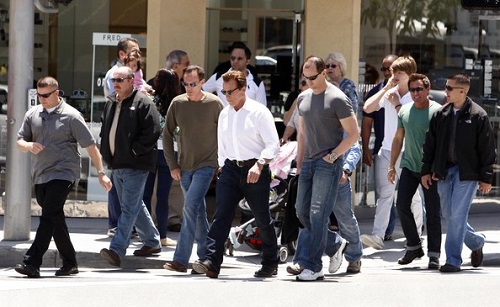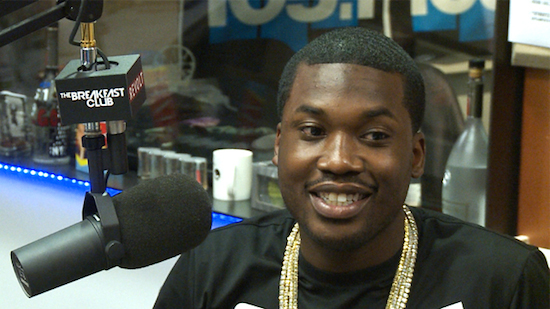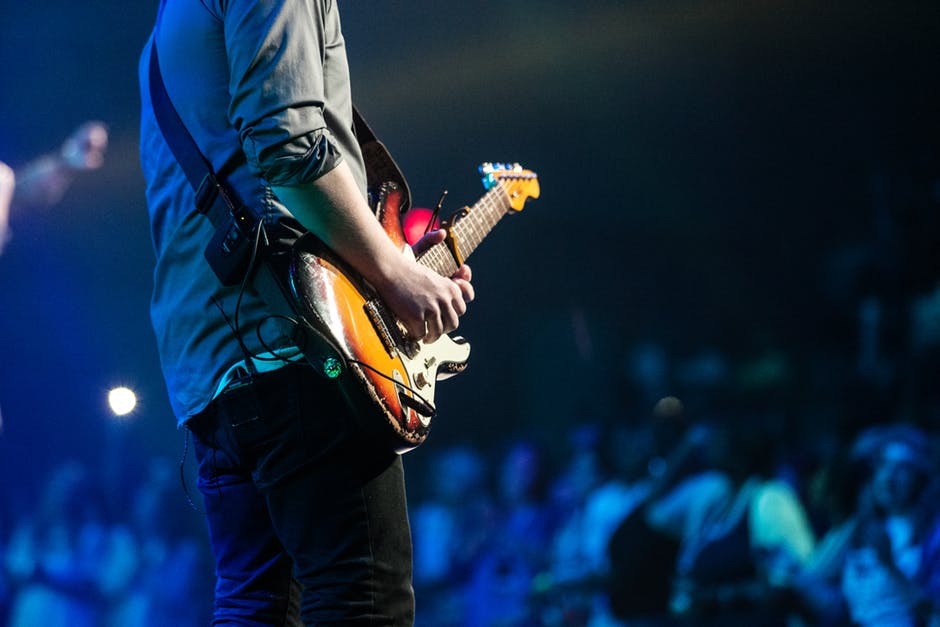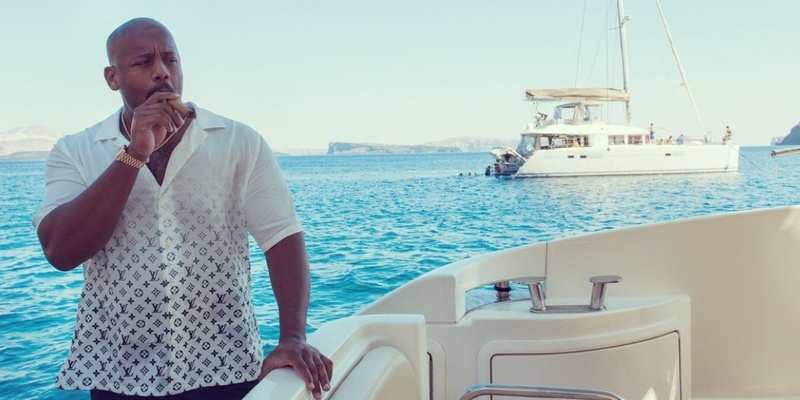Successfully booking an artist for an event requires a combination of research, negotation, and promotion. If you have never gone through the process of booking an celebrity, artist, or have had mixed success -here are mistakes to avoid that will leave both parties happy and satisfied.
Forgetting that there are other costs.
Beyond the payments for the artist are the technical costs that accompany their performance. Don’t believe for a minute that a top-name singer or group simply travels alone and then shows up at the venue to perform. They usually always travel with an entourage that can vary greatly in size and you need to understand and evaluate their costs for technical aspects, travel, lodging, meals and the number of people associated with the artist. This can include:
The critical thing is to make sure that all of these details and costs are clearly listed on the rider. What is a rider? This is an attachment to the contract that lists these details and demands. Remember that anything can be negotiated and that all of these potential line items can add up above and beyond your original assumption about total costs.
Some artists like rapper YG travel with an entourage up to 8 people or more. Make sure you know those details and understand they can be negotiated in terms of your payment or responsibility. If an artist wants you to buy flights for 10 people that’s fine, but see if you can get them to take care of the hotels.
There is an option to get an “all-inclusive price.” This is a safe way to negotiate a contract because it essentially says you’ll agree to pay a fixed amount and the artist must cover flights, hotels and whom and what travels with them to the venue. Your responsibility at that point becomes food, drinks, fundamental technical requirements and transportation to and from the airport and to hotels.
Riders can be lengthy and excruciatingly specific. They can mandate demands from the artist and their entourage from specific types of foods, beverages, quantities, class of travel to specific technical details. But remember that a rider works both ways just like the primary contract. As the promoter you can and should be very specific with regards to expectations and deliverables from on-time arrival to encores and promotional commitments.
Riders are also subject to negotiation and sometimes become a sticking-point in a negotiation because they sometimes seem so unreasonable if not ridiculous. Ultimately it gets down to your ROI from the artist. If the return is worth it, some rider absurdity can be tolerated a little better.
Remember the fundamentals of negotiation
A low-ball offer is never a good way to start a negotiation on a contract. You need to do your homework. If you don’t this things could spin the other way with an offer that is too high. If you email a booking agent with a really low offer, you’ll be lucky to get a response back. It could also affect your reputation long-term. What’s important is that you do some research and basic surveillance of the artist’s activity so you have a better understanding of what your opening offer should be. Critical charts to follow include:
- * BDS Reports
- * Billboard
- * I-tunes
- * Spotify
But due diligence requires more than an Internet search of charts and stats. You should reach out to promoters in non-competitive markets that have booked the artist you’re considering. Ask about attendance numbers or percentage of house audience along with ticket pricing. You could also contact the venue and they may freely share the information or you could simply inquire as a potential ticket-buyer shopping for seats and prices.
You should also keep an eye on the artist’s calendar. You can often find this on their website, through their agent, or in their Bandsintown profile. You can also find general information about many concerts on the Internet. Publicists and managers like to get the word out about an artist’s appearances. The reason this is so important to consider is the fundamental “supply and demand” formula. If the artist is heavily booked and selling-out the house in every city you’ll want to know that. Their agent is going to be in a stronger negotiating position as a result.
You should also audit the category of other artists who are similar to your prime prospect. If you can determine their contract price and requirements it will be easier for you to formulate an effective opening offer, and help with further negotiation with regards to details and demands.
These activities will not only help you to avoid the dismissal of a low offer, but protect you from coming in too high. Think of it from a real-estate or car-buying perspective. You know the asking price, but have you ever started with that as an offer? More to the point, have you ever offered more than someone was asking? If you don’t do some research you could come to the table with more money than you need to spend. That will really get the agents talking about you, but maybe in a way you didn’t intend.
Forgetting to use the artist as a promotional tool.
Most artists and their team understand the importance of promoting any event where the artist will make an appearance. No one wants to read a review that says no one showed up. However, the willingness of the artist to promote your event will be dependent on their schedule, the size or significance of your event, and the assumption that your expectations will be reasonable.
Every artist of note has a team from agents to manager to media specialists who have prepared materials that you can use for promotion. They can also help to set up interviews for the artist on local radio or local TV stations either in person, via phone or video feed, or pre-recorded.
If you can, request a “drop” from the artist. This could be an audio or video recording from the artist promoting their appearance at your event and inviting their fans to attend. Sometimes additional information can be added with regards to timing and location. One of the reasons this is so important is credibility. There are scams in the industry and this audio and possibly video evidence ensures that the event is real and the artist promised will be on-stage. Both audio and video drops can also be used online or delivered through social media.
If the artist’s schedule allows they can hit the streets and do a meet and greet with fans. You’ll need to negotiate this with the artist and his team, and make sure you get sufficient video and photographic coverage for additional promotion.
Many of you have been down this road and already know that the twists and turns never end. If you’re new to promoting, a combination of fundamental negotiating knowledge, due diligence on artists, and continuing communication with your network will make booking an artist easier and successful.
Need quick access to the official agents of celebrities? Sign-up for Booking Agent Info here.






